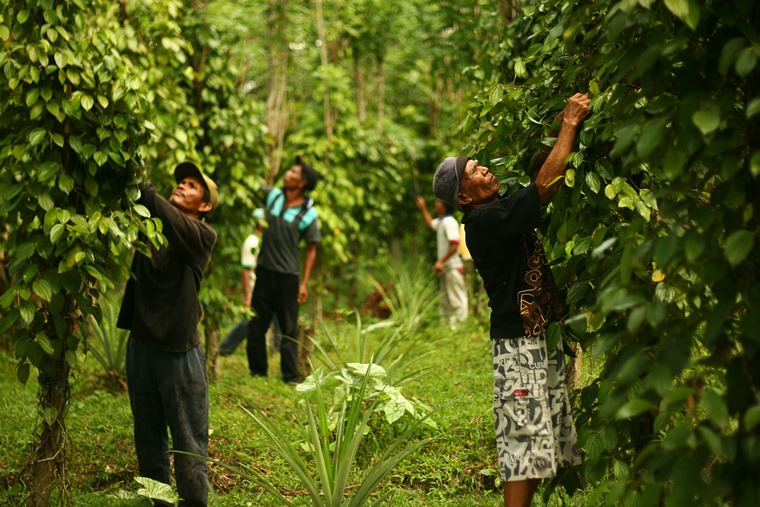ImpactAlpha, April 30 – Different investors in the same deal have long taken different tranches of debt with specific risks, rewards and duration. Now investors can take specific “impact tranches” as well.
A new Southeast Asia forestry fund launched by Australia-based New Forests includes a tranche aimed at impact investors with specific reforestation, biodiversity and community livelihood goals. The David and Lucile Packard Foundation helped negotiate the impact tranche and has approved a $10 million equity investment in the planned $300 million fund.
The aim is to encourage larger-scale commercial fund managers to commit to deeper climate and conservation outcomes than they would otherwise by providing a sweetener in the form of lower-cost capital. In the forestry fund, the Packard Foundation agreed to receive a reduced equity return if New Forests delivers the specified outcomes. That reduces the perceived risk of commercial investors, who might balk at such “non-commercial” activities.
Foundations collaborate on catalytic financing to accelerate climate action
“We’re still getting our capital back, we’re still getting a return, but it’s reduced versus the commercial investors,” Susan Phinney Silver, the Packard Foundation’s director of mission investing, told ImpactAlpha. “The idea is to use that delta to drive the impact activities and prove out to commercial investors that this isn’t as scary as you think it is.”
Beyond business as usual
Key to the deal are impact goals that go beyond the sustainability measures New Forests implements as standard practice. New Forests’ Radha Kuppali said the firm is looking to deepen its activities, but that commercial investors generally balk at activities without direct revenue-generating potential. “In traditional forestry valuation, there’s no commercial valuation to them,” Kuppali said in an interview.
New Forests, with the Packard Foundation, has identified 18 activities in the forestlands in its investment pipeline, including logging bans in sensitive areas, additional carbon mitigation, planting of seedlings, restoration of peatlands and community partnerships to improve livelihoods. “We believe they are important activities to improve the operational sustainability and resilience of those assets,” Kuppali said. “But for mainstream commercial investors, these would be viewed as something that is noncommercial for them to invest in.”
Ecotrust Forest: Making the Math Work for Sustainable Timber in the Northwest
New Forests has set aside up to 15% of the fund for the impact tranche, which is targeted mainly at foundations and family offices. Investors in the tranche will receive about half the rate of return as the commercial investors. New Forests expects to reach a first close on the fund later this year, Kuppali said
Scaling up
For the Packard Foundation, the investment represents an evolution in its impact investing strategy. Many earlier investments targeted smaller fund managers with bespoke impact investment theses. New Forests, with more than $3.5 billion in assets under management, is a commercial timber investor, albeit with a strong sustainability record.
“We started to think, could we leapfrog that process and find a fund manager already at scale, and get them to deeper green?” Phinney Silver said.
The Packard Foundation has made climate change a major priority, and forests are a key focus of its strategy. “We really see forest solutions as being a key tool in our toolbox,” Phinney Silver said. “Forests are the only carbon-negative technology we have at scale.”











